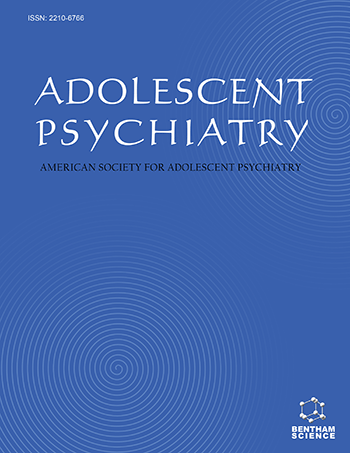Abstract
Background: Substance use disorders (SUDs) often begin in adolescence and follow a long relapsing-andremitting course. Not only are SUDs prevalent, but existing evidence-based treatments for SUDs show a mean withinsubject effect size of less than medium magnitude. Emerging research provides support for the use of mindfulness-based treatments to target SUDS in adults, and these treatments could hold promise for adolescents. The practice of mindfulness involves awareness, attentiveness, and acceptance of experiences occurring in the present moment.
Method: This article will provide a detailed description of mindfulness, discuss potential mechanisms of action, and review literature that supports the application of mindfulness-based interventions to the treatment of adolescents with SUDs.
Results: Studies support the use of mindfulness in adults with SUDs. Research exploring the use of mindfulness in adolescents is beginning to emerge.
Conclusions: By facilitating the ability to experience and thus tolerate negative emotions, thoughts, and sensations (including urges or cravings), mindfulness fosters the capacity to respond flexibly and adaptively to internal and external triggers for substance use. Because difficulty tolerating negative affects is a neurodevelopmental aspect of adolescence and a factor in vulnerability to SUDs, mindfulness-based treatments may be particularly appropriate for adolescents with SUDs.
Keywords: Mindfulness, meditation, substance use disorders, addiction, adolescents, alcohol, drugs.



























